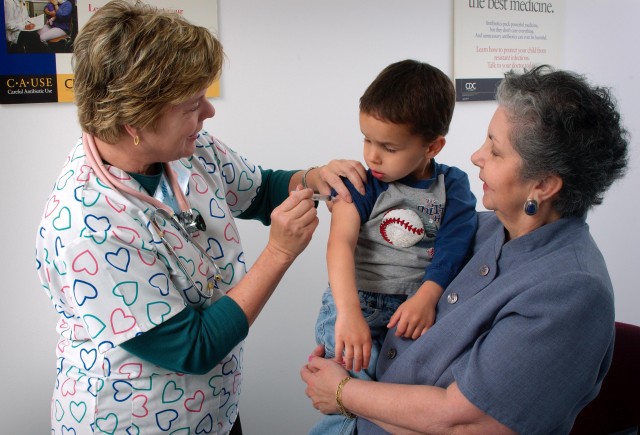For vaccinations, will people follow the herd or free-ride off it?
Ars Technica » Scientific Method 2017-03-12

(credit: NOAA)
Because vaccination introduces some small degree of disease into someone’s system, it’s not safe for anyone who doesn’t have a healthy immune system. For that reason, people undergoing medical treatments that suppress the immune system (like chemotherapy) can’t be vaccinated nor can babies below a certain age.
But vaccines can still protect these people from infectious disease. If enough people around them are immune, the "herd immunity" prevents diseases from moving through the population. An experiment published in Nature Human Behaviour this week explores whether people who get information on herd immunity are more likely to decide to get vaccinated. The results suggest that it could be a worthwhile strategy for promoting vaccines, but it will need confirmation in real-world settings.
Free-riding vs. prosocial vaccination
Is emphasizing herd immunity in public health communications a good idea? It’s not clear. It might boost vaccine uptake rates, but it could very easily backfire. If people are made aware of herd immunity, they might start thinking that they personally are protected whether or not they actually get the vaccine. In the real world, there are also many other complicating factors in whether or not people choose to get their kids—or themselves—vaccinated. People have a lot of preconceived ideas about many vaccines and the diseases they protect against, and it can be hard to change their minds.